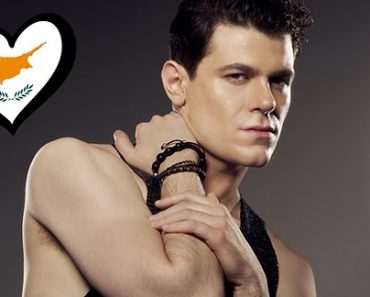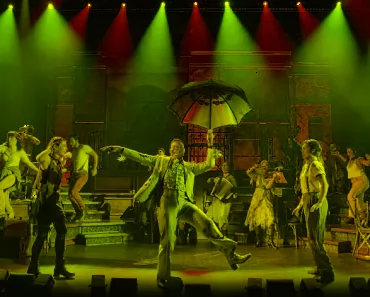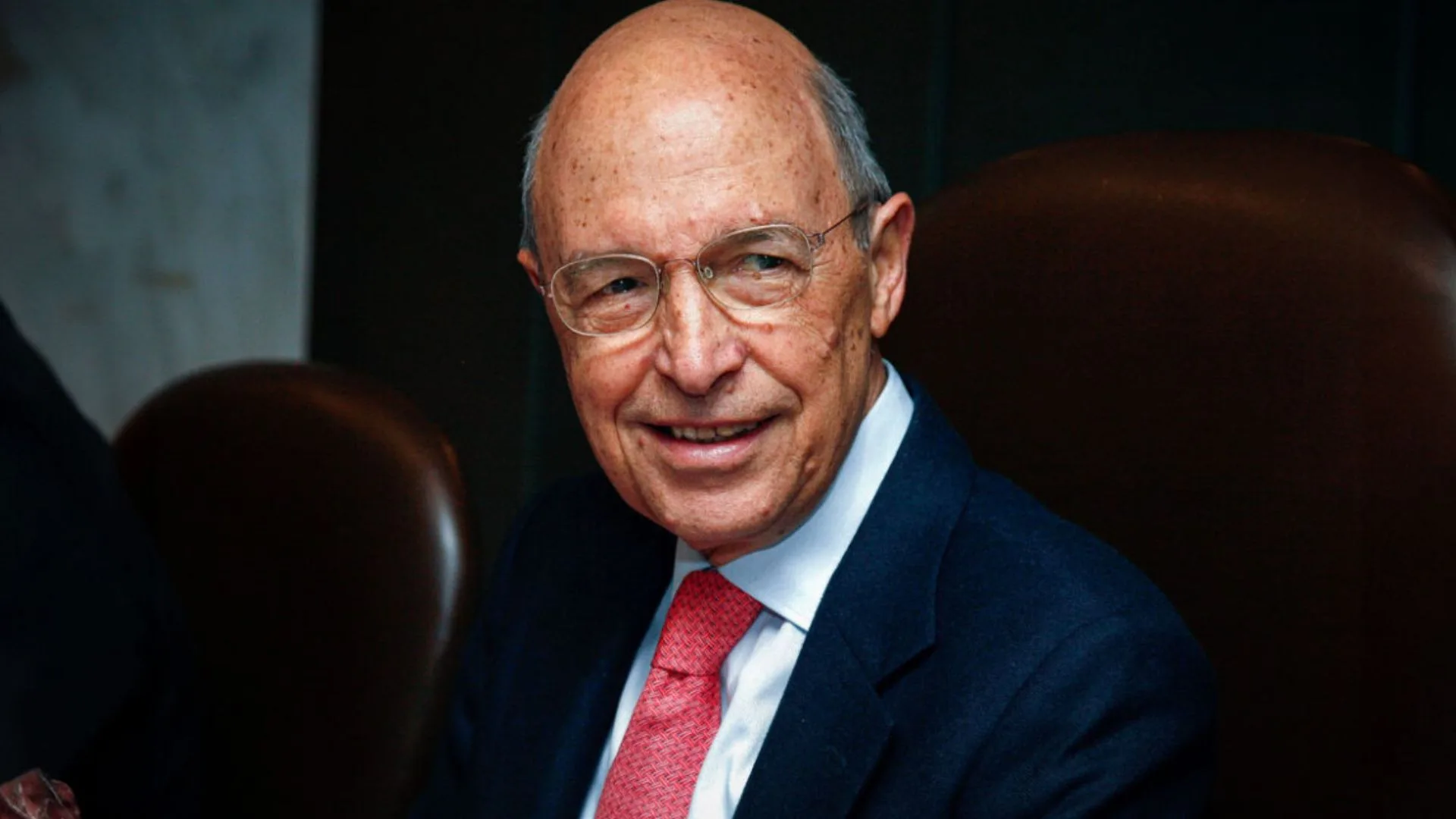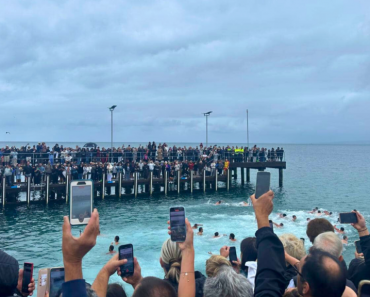ATHENS – You see American expats all over Athens, almost all of whom are as delighted to be here as when they first arrived given developments over the past 30 years – the Metro, the Acropolis Museum, the Stavros Niarchos Foundation Cultural Center, and more – but there will always be wistful moments when people like me miss some things we left back home. The wonderful thing about the capital is that Greeks are learning – or expats are bringing – many favorites.
Athens now boasts very nice burgers, bagels, and donuts on the food front, and Rock, Jazz, and the Blues in the music scene. Of course, classical music is well-represented at the Megaron Mousikis and the National Opera of Greece by guest artists and fine native Greek musicians alike – but did you know the Megaron more than satisfies the hunger of… pipe organ enthusiasts – expats, and yes, Greeks alike?
Like her 10 million fellow Greeks, the organ’ was virtually unknown to Ourania Gassiou deep into her training as a classical pianist. More than 26 years after her introduction, her 2024 Christmas concert – Ourania is house organist and curator of the Megaron instrument – delighted a packed Lambrakis Hall at the Megaron
“Before I started, I didn’t know much about the organ – I was 20 years old.” Of course, Greece did not have a substantial organ when she was growing up, and even after the Megaron gained one in 1993, she didn’t have much awareness.
“Then there was a competition for pianists who wanted to learn, sponsored by Athens’ Friends of Music society. “When the organ was built they asked the renowned Nicolas Kynaston to become the organist, then they established scholarships. In 1998, while I was preparing for my diploma exams on piano, it was one of the competitions I applied for and I won.”

She then took the lessons at the Megaron – “and I really liked it! I didn’t realize back then that I was very lucky – when you start playing organ in countries with many instruments, you don’t begin on a great instrument like this and with a teacher like Kynaston.”
Asked what organ music she first fell in love with, not ‘skipping a beat’ she said: “Bach, the big preludes and fugues – and the Passacaglia, a masterpiece” – which she played beautifully at the Christmas concert. Over time, she came to adore French organ music .
“I moved to London in 2004 to study at the Royal Academy of Music” – where she is now an Associate. “It was an amazing experience. I think everyone who has a chance to study abroad should do it, even if you return to Greece in a couple of years” – she stayed 19. “There are so many Greeks there. You walk on the streets and hear Greek all the time – and there are organizations and now there is social media” connecting people.
“I met a young Greek composer who decided to compose something for organ – Dimitris Skylas. I took him to Westminster Cathedral to show him how that instrument – perhaps the finest in England – works.” Ourania also showed me the innards of the Megaron’s instrument, special in that it’s not controlled electrically, but by the ancient ‘tracker action’ method, strips of wood running from the keys to the pipes that connects the musician directly to the music-making: the more of the 6,080 pipes that are engaged, the heavier the organist must push down on the keyboard.
She performs one or two concerts per year there. “They should do more. There is an audience. They have fallen in love with this instrument.”
Indeed, most of her audience are Greeks – she filled almost all the 2,000 seats on December 23.
Ourania is happy when people from places like America and Australia tell her how delighted they were to discover her and the instrument.
She takes her role of introducing organ music to the people of Greece seriously. “I always ask which piece they liked best and least.” While the most modern pieces are not the most popular – in Greece and elsewhere – she feels an obligation to blend those with the older favorites, but she notes “they do want new pieces,” presumably without the ‘modern tonality.’ She happily noted that “there’s a Greek composer in Leipzig, Dimitri Terzakis who composes for organ.”

We asked about how she felt when she first had to use her feet to play on the pedal, which fascinates audiences – movie palace pioneer ‘Roxy’ Rothafel told his organists: “I want to see plenty of feet moving.”
Ourania responded: “For someone playing for years with right hand, left hand, two staves on the sheet music, it was a shock to see the third stave and to coordinate everything without looking at your feet, but once it happens, it’s there.”
She invites Greek-Americans to “come and have a listen and see that even Greece has a big, really nice instrument.”







